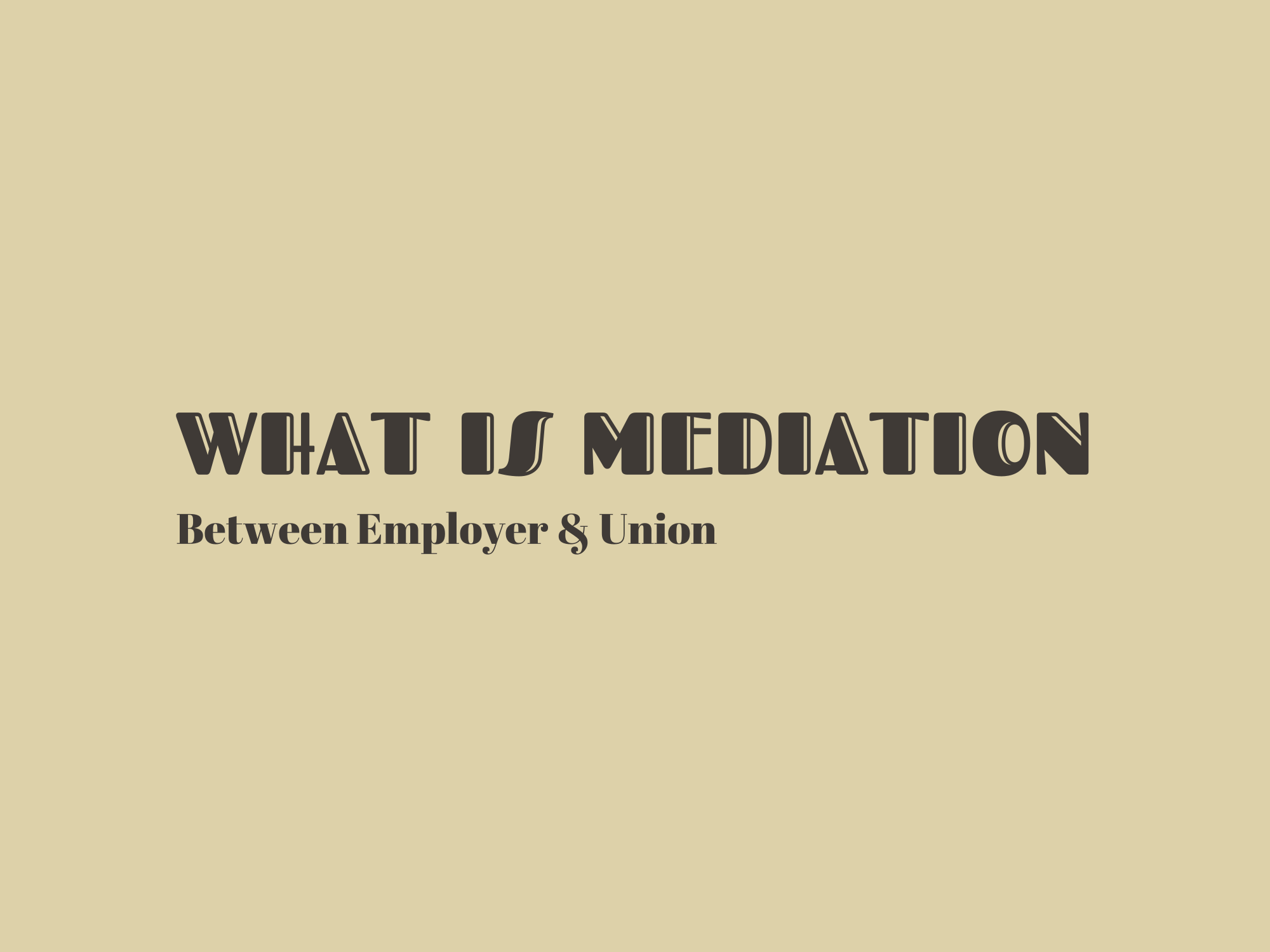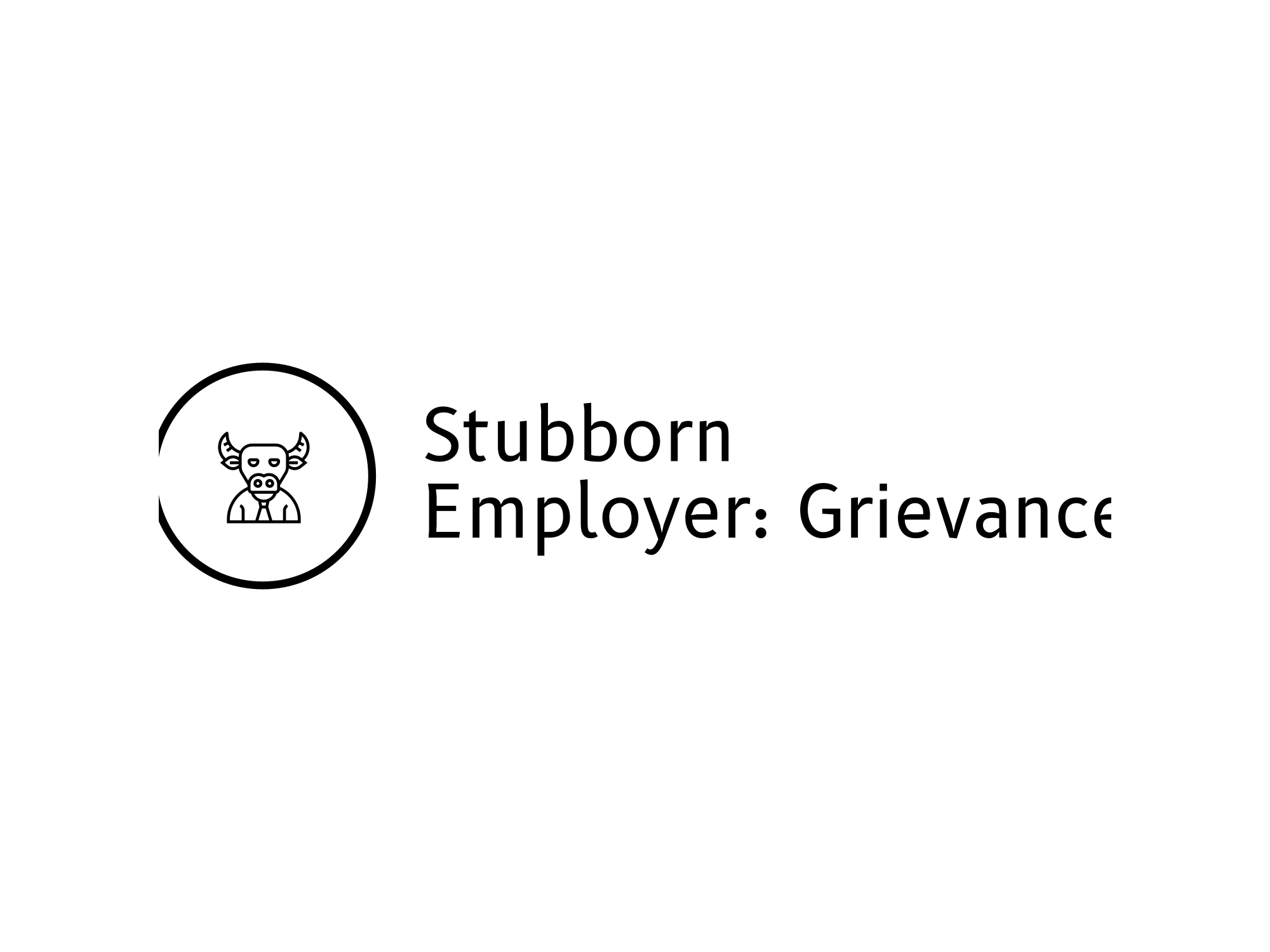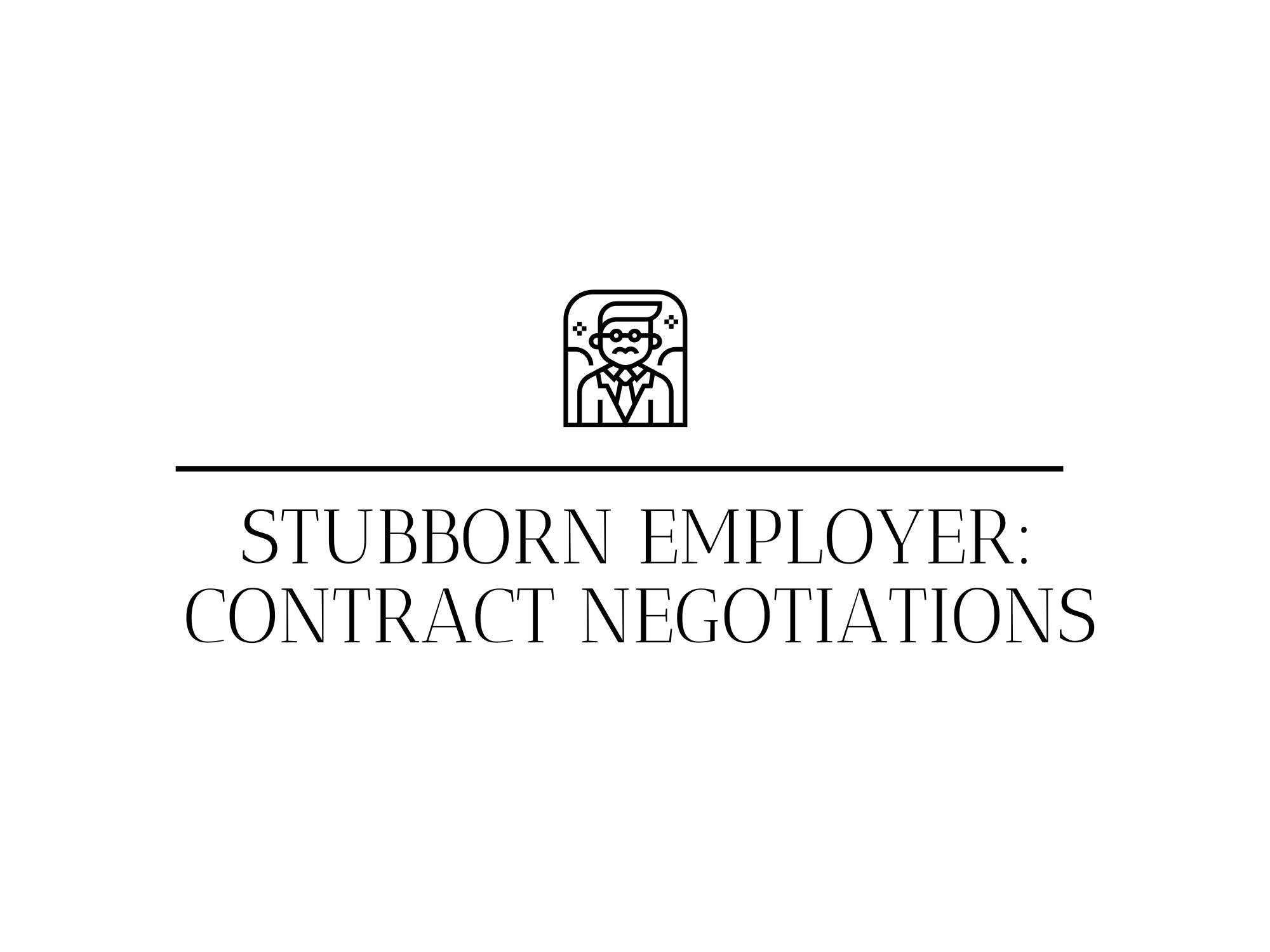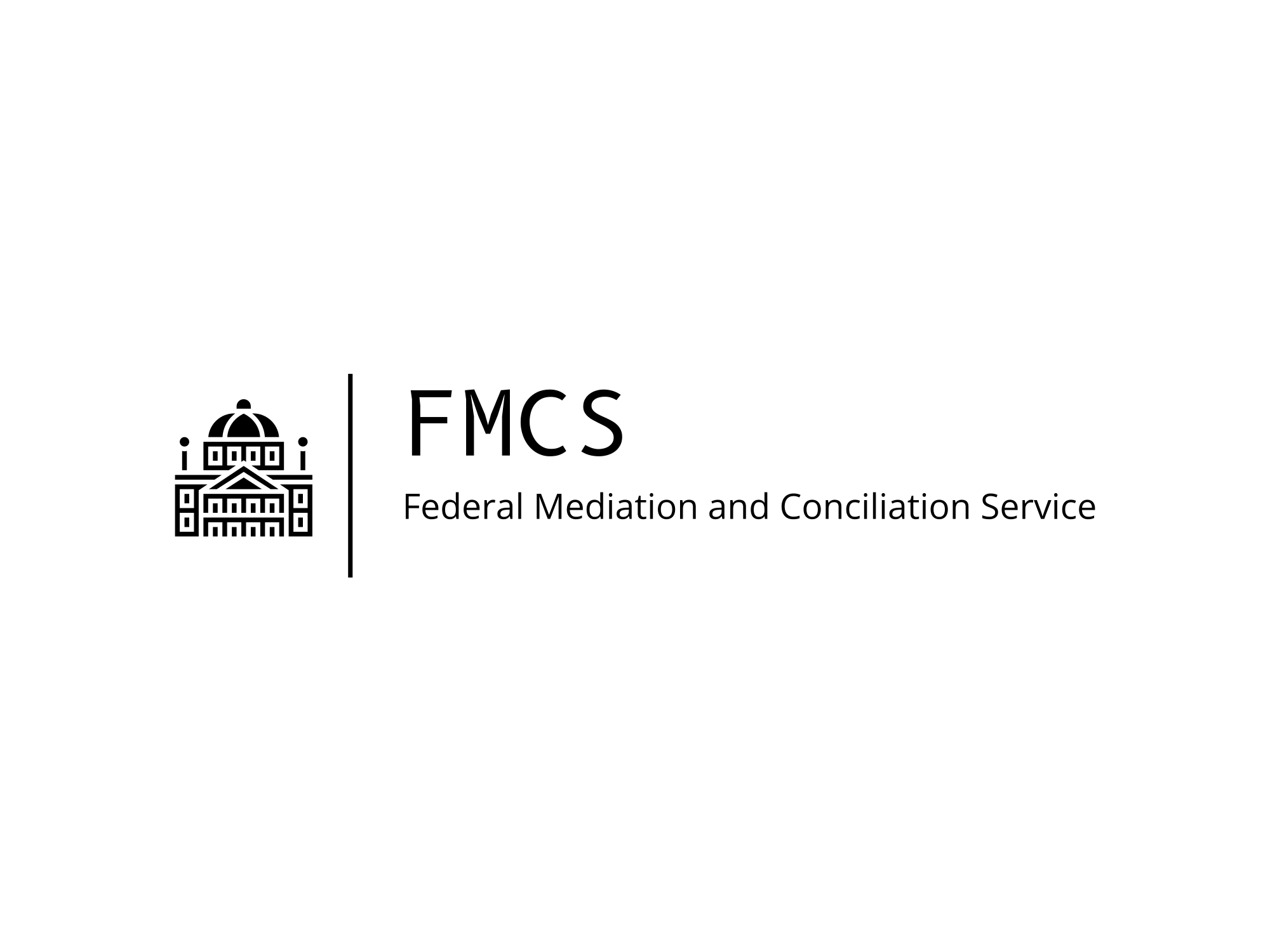Mediation
Mediation Before Arbitration, National Labor Relations Board, State Boards or The Courts
Mediation
Mediation is a crucial tool in resolving disputes between unions, employers, and labor relations. It offers a neutral and impartial third party who can help both sides come to a mutual agreement and find a resolution that benefits all parties involved. Mediation allows for open communication and collaboration, which can lead to a more productive and positive working relationship.
For unions, mediation can help them address their grievances and work towards achieving their goals in a more efficient and effective manner. By having a mediator facilitate discussions between the union and employer, both parties can clarify their perspectives and find common ground to resolve conflicts. This can lead to a more harmonious working environment and better outcomes for all parties involved.
Employers also benefit from mediation as it can help them address any grievances or disputes with their employees in a timely and efficient manner. By working with a mediator, employers can better understand the concerns of their employees and find ways to address them in a fair and equitable manner. This can help improve employee morale and productivity, leading to a more successful and thriving workplace.
Overall, mediation plays a vital role in improving labor relations by providing a structured and constructive way to address conflicts and disputes. By promoting open communication, collaboration, and understanding, mediation can help unions, employers, and labor relations work together to find mutually beneficial solutions and create a more positive and productive work environment for all.

Mediation between an employer and a union involves a neutral third party. This mediator helps both sides talk openly about their issues. They guide discussions to find common ground and possible solutions. The goal is to reach an agreement that satisfies both the employer’s needs and the union’s demands. The mediator doesn’t make decisions for either side but encourages compromise. This process often leads to a faster resolution than going through a lengthy negotiation or a strike. It helps maintain a working relationship and can improve future communication.
Mediation between a union and an employer is often successful, with estimates suggesting around 70 to 90 percent of cases reach an agreement. Success hinges on factors like the willingness of both sides to compromise and the mediator’s skill. When both parties are open to discussion and problem-solving, mediation can resolve conflicts faster than going to arbitration or court. This process usually helps to maintain better relationships between workers and management, which is beneficial for the workplace.


Mediation can have downsides for both unions and employers. It might lead to dissatisfaction if one side feels pressured to compromise. This pressure can create mistrust in the agreement. Mediation also lacks binding power, meaning terms might not be enforced. Sometimes, it can prolong conflicts instead of resolving them, as parties might stall negotiations. Additionally, the process can be costly, depending on mediator fees, which can strain resources for both sides. While mediation aims for cooperation, it may not address all underlying issues.
Mediation can be a wise choice for unions and employers before heading to arbitration. It offers a chance to resolve issues quickly and less formally. This process focuses on open communication, which can lead to mutual understanding. With mediation, parties maintain control over the outcome instead of leaving it to an arbitrator. This often results in more satisfactory agreements and fosters better relationships. Trying mediation first can save time and money, making it a practical step before escalating to arbitration.


If the employer stays unreasonable during mediation, the union should consider escalating the issue. They can gather evidence to support their case. Mobilizing union members to show solidarity can strengthen their position. The union may also seek legal advice to understand their rights. If necessary, the union can file a formal complaint or pursue arbitration. Open communication is key, but if the employer refuses to cooperate, taking a firmer stance is essential to protect members’ interests.
If the employer stays unreasonable during mediation, the union should first assess the situation. They must gather evidence of the employer’s stance and document all discussions. Next, they should communicate clearly with their members about the issues. It’s vital to consider escalating the matter, possibly by calling for a strike vote. The union may also seek assistance from an experienced mediator or legal advisor. Building solidarity among members can strengthen their position. If negotiations stall, publicizing the issue could pressure the employer to reconsider their position. Always keep lines of communication open to explore feasible options moving forward.

